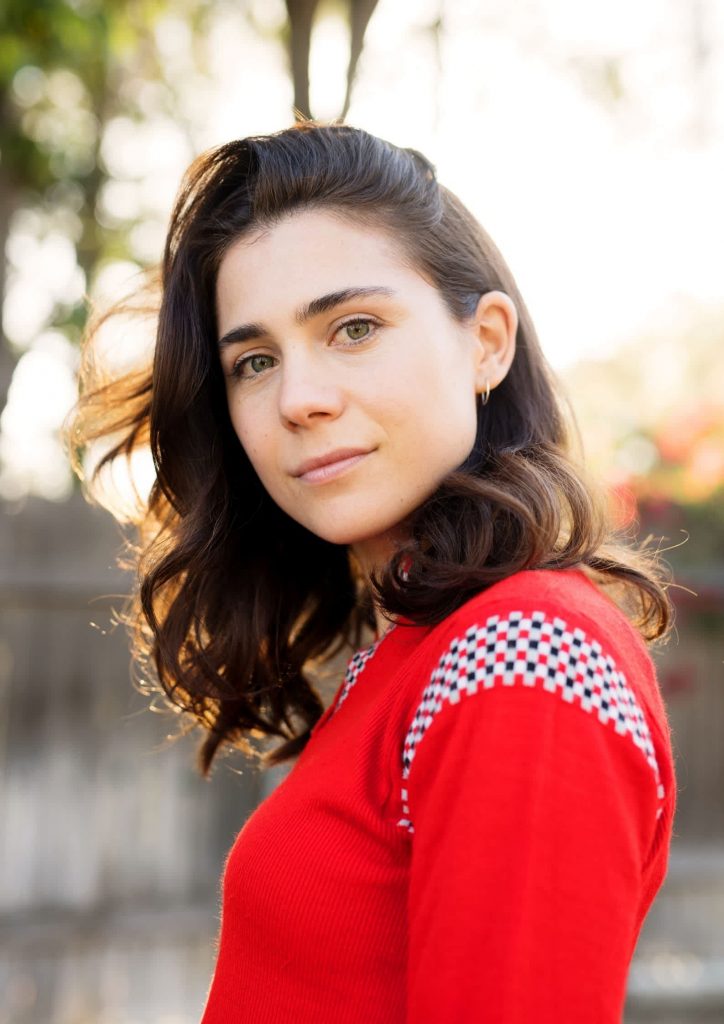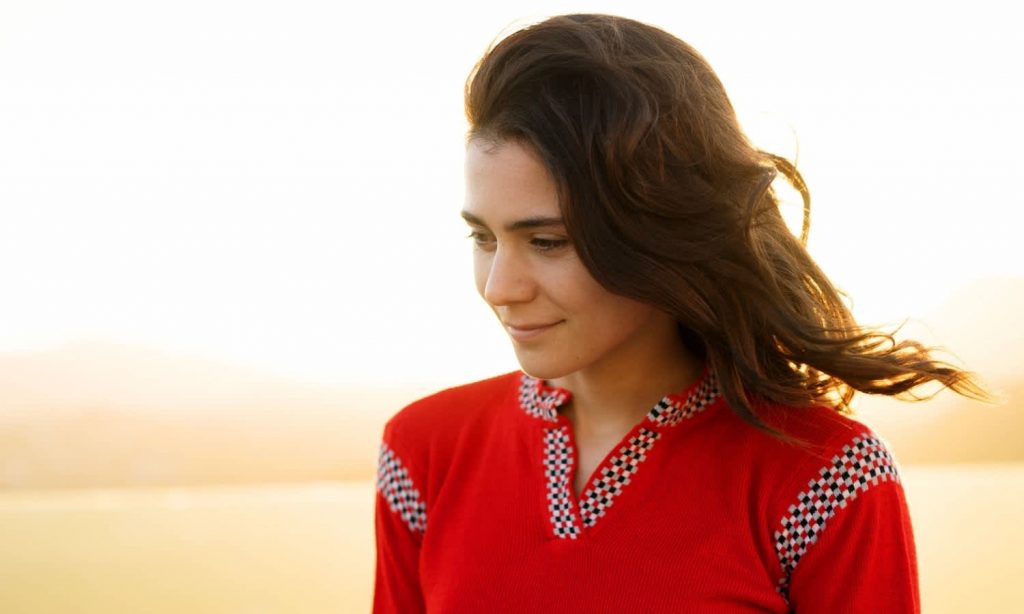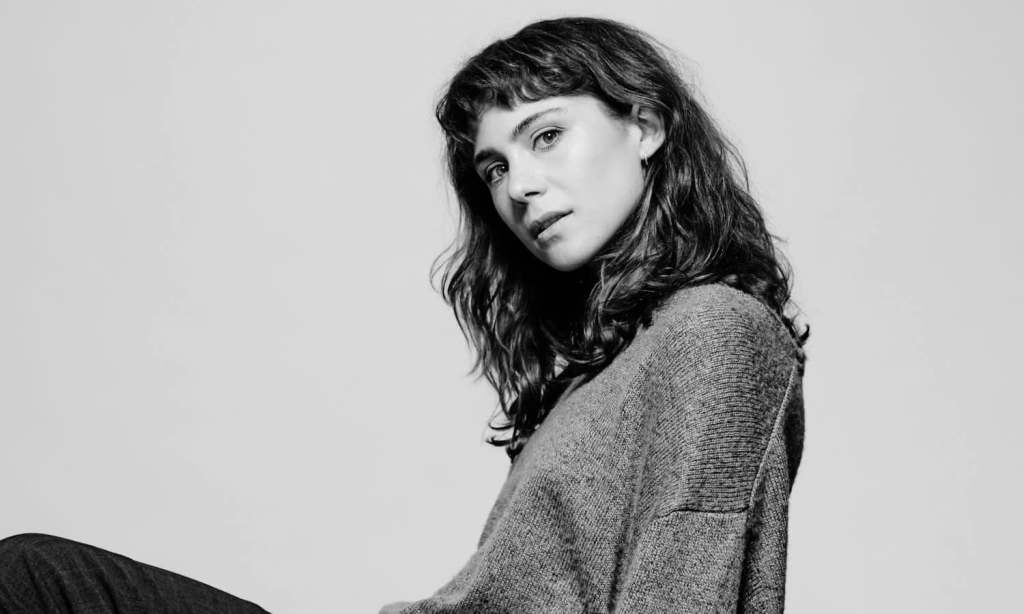Tessa de Josselin is best known to Australian audiences as Billie Ashford on the Australian soap Home and Away, however, after leaving high school, the now-31-year-old was an environmental planner for the State Government.
Although a “big drama kid”, her school was focused on academia and going to university seemed like a “natural trajectory”.
de Josselin was always interested in environmental sciences and sustainability, so chose to study this, however, after working at the Department of Planning for a few years, she decided that she wanted to give “acting a crack”.
“I was lucky to snag an agent who was wonderful and I would do them on my lunch break or after a full day of working,” de Josselin said in an interview with The Latch.
“A couple of months in, I booked my first job which was the lead role in a series that took me over to Germany called In Your Dreams. and that was an eight-month job. I never really looked back on that.”
While acting has become a passion for her, our environment and sustainability has never been too far from her mind. She is now about to launch a podcast called The Nature Between Us which will be a part of her environment activism cause Yikes!
Yikes! brought people together at environmental events in Sydney including documentary screenings, panel discussions, fundraisers and clothing swaps.
“I wanted to create a really casual, fun, non-judgmental space for people to discuss and learn about these quite daunting environmental issues that we keep hearing about and also to re-engage because I feel like a lot of people are disengaging,” she said.
Then after the global coronavirus pandemic hit, de Josselin adapted the idea into the podcast so that she could take those conversations that she was already facilitating and turn them into a platform that people could listen to any time. Alongside this endeavour, de Josselin is now completing her Masters of Sustainability and Climate Policy.
Here, she talks to The Latch about combining both interests, how Yikes! is aimed at conservation for the future and what type of role model she wants to be for younger generations.

Anita Anabel: Hi Tessa! Thank you so much for your time today. I love that you are combining both your passions for this exciting project. Can you tell me more about Yikes! and where The Nature Between Us fits in?
TdJ: Well, I started a Masters of Environment and Climate Emergency and that was about me wanting to learn more, me wanting to straddle my two interests, acting and environmental work. From that, I started a not-for-profit, Yikes!, which brought people together in Sydney and I would put on environmental events.
There was documentary screenings, panel discussions, fundraisers and clothing swaps. I wanted to create a really casual, fun, non-judgmental space for people to discuss and learn about these quite daunting environmental issues that we keep hearing about and also to re-engage because I feel like a lot of people are disengaging. The news that we see is quite negative and it’s really disheartening.
Because of COVID, we haven’t been able to have these events, so the podcast kind of came as a way of adapting to the current climate and wanting to take those conversations that I was already facilitating in real life into a more digital platform so people can listen at any time.
I think the podcast will be great because it’s kind of a transition for this unprecedented time. But definitely, once things are back to being a bit more normal, the events will start happening again.
AA: What will The Nature Between Us cover?
TdJ: It’s an environmental podcast that works to discuss, digest and decipher the big environmental issues, but then also the kind of smaller ones.
I speak to lots of people about various environmental issues. Like waste experts, environmental lawyers, national park managers, counsellors, filmmakers, fashion experts, and artists.
I guess it’s looking to find some positivity and I am kind of hoping to tease out the solutions and looking at a more positive solutions-based approach.
AA: I’m actually someone that is constantly learning about how I can help the environment because I’ve never been someone who was conscious of it. Can this podcast be used as an educational tool for people who may not know much about the environment and want to learn?
TdJ: Yes, exactly. That’s exactly what it is. I don’t want it to feel like you’re putting on an educational podcast. It’s a casual conversation with people who know lots of interesting stuff. It’s the kind of discussion that will hopefully engage people like yourself, who don’t really know that much but are interested to learn.
There will also be some takeaways as well each episode, things that you can do to make a change.
AA: What message are wanting to give to the wider community, especially those who may not share your views?
TdJ: I think my big thing is communication. I’m a big believer that knowledge is power. I’m still learning myself. I think that’s the biggest thing with these environmental issues. They’re so layered, and it’s so complex so it’s very easy to feel overwhelmed. I think if you can engage just a little bit, it’s not as daunting as it might seem.
Once you learn a little bit, you start to see the bigger picture. The main aim of the podcast is just to get people talking about these things in a more positive way.

AA: You’ve got such an amazing platform already to share your message. How important is it for you to have that platform to be able to reach a wider audience?
TdJ: In hindsight, I look at it and I’m like, this is a really great opportunity for me to use it. Being on Home and Away for two years, gifted me this really supportive, lovely group of people and it’s nice that I can reach a larger audience just through that platform alone and hopefully people are interested in it.
A lot of what acting is, it’s communication and storytelling and what I think we need more of is communication and storytelling to put that human element back into the science.
AA: What are some tips that you can give us on how we can better support our environment on a day-to-day basis?
TdJ: Recycling is important but so is reducing and reusing before recycling.
If you think about the waste hierarchy, the top one is actually like just reduce your consumption, or reduce how much plastic you’re buying, to begin with, and then reusing. I get takeaway from a Thai restaurant and you’ve got these plastic takeaway containers and we will wash them and then we’ll reuse them as Tupperware containers for at least six months or something until they’re really at the point of no return, and then we’ll recycle them.
Also, this one is not straightforward, however, look where your money sits. If you look online, you can see which banks invest in fossil fuels and which ones could invest in cleaner energy. It sends a big message to those banks as to say, “Hey, I don’t support this.”
It’s called divesting. It’s simply moving your money from one spot to another.
My final tip would be, try to shop secondhand and if you are going to buy something new, then there are loads of like amazing sustainable brands out there that maybe are a little bit more expensive, but you can invest in something you’ll have for a long time.
AA: What type of role model do you want to be for a younger generation?
TdJ: This might sound strange, but I don’t want to be someone on a pedestal, I want to be relatable. I don’t want to be someone that someone from a younger generation or even my generation is like, “oh, they’re living the and doing everything perfectly”, because I’m certainly not.
I want people to feel like they can change one little thing, just one thing. I think if we kind of clear the air and make everyone a bit more relatable to each other things will change. I’m trying to figure it out as well anyway.
—
The Nature Between Us podcast is available on Spotify and Apple. Check it out below.
Follow Yikes! on Instragram and Facebook.







